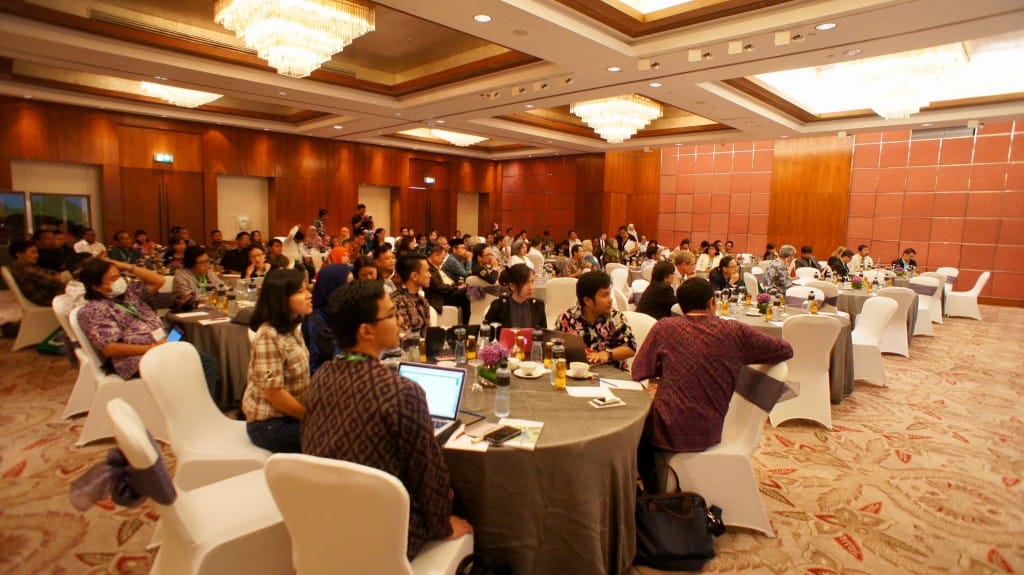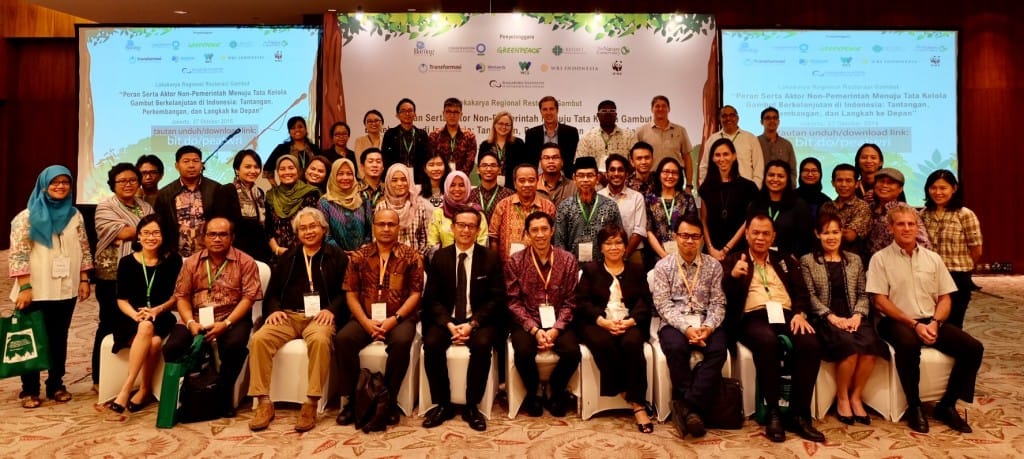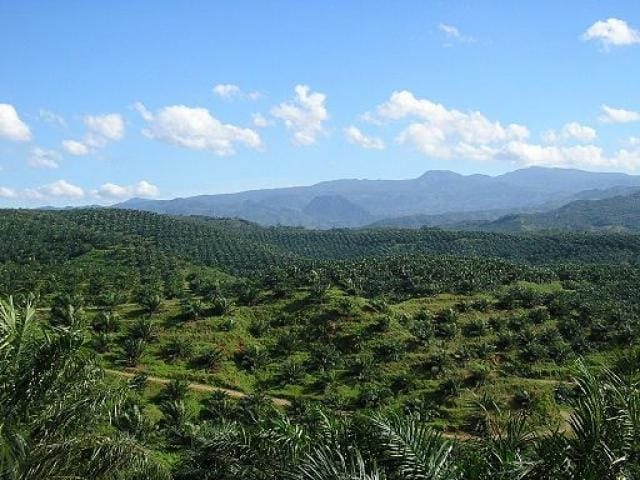On October 27, 2016, SIIA and the Indonesian Forum for Conservation Communication (FKKI) organised the Regional Peat Restoration Workshop in Jakarta. This was the first NGO-led workshop to bring together civil society organisations, private sector representatives, academics, development agencies, and other stakeholders to discuss the current progress of peat restoration efforts in Indonesia and the region.

Indonesia contains 22.5 million hectares of peatland, of which over 80% has already been degraded through draining, slash-and-burn land clearing, and unsustainable agricultural methods. This is an urgent problem, as degraded peat creates problems on a global scale. Fires on peat soils cause transboundary haze and serious health problems across Southeast Asia every year. In 2015, emissions from degraded peatland totalled 857 million tonnes of CO2, constituting 97% of Indonesia’s carbon emissions for that year and creating a severe negative impact on climate change. On 26 days in 2015, Indonesia’s burning forests emitted more carbon that the entire United States economy.
The Indonesian government has shown a serious commitment to tackling the issue, most notably by establishing the Peatland Restoration Agency (BRG) in January 2016 in order to restore 2 million hectares of degraded peatland. However, this target will not be achieved without the active cooperation of multiple stakeholders, especially non-state actors.

At the Workshop, experts from Indonesia, Malaysia, and Singapore shared their latest insights and experiences from on-the-ground peat restoration projects. A common lesson was the need to manage hydrology of peat areas before restoration or cultivation should be attempted.
Many speakers emphasised the need for local communities to take ownership of restoration projects, to avoid conflicts with locals and failure to create long-term change. The National University of Singapore’s Lahiru Wijedasa shared the scientific perspective, saying that much research is still needed to ascertain the characteristics of peatlands. For example, it is still not known why certain areas are more susceptible to fire than others, and recent evidence suggests that the emissions reductions from restoring peat may not be as high as originally thought.
The workshop ended on a positive note, with participants across various sectors making connections and re-affirming their commitment to support peat restoration in Southeast Asia and the work of the Peatland Restoration Agency.
Event Details
Regional Peat Restoration Workshop: “Toward Sustainable Peat Management in Indonesia: Transformation, Progress, and Journey Forward”
Day/Date: Thursday, 27 October 2016
Time: 8:00am – 5:30pm (Forum starts at 9:00am)
Venue: Diponegoro/Imam Bonjol Room, Mandarin Oriental Hotel, Jakarta





